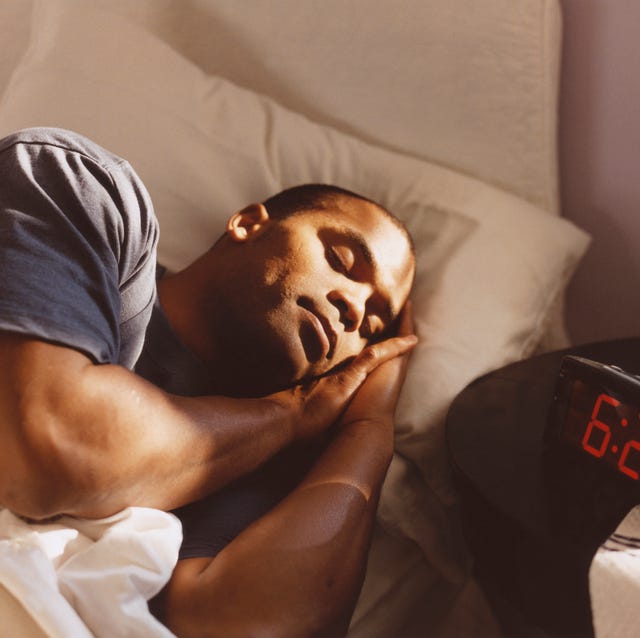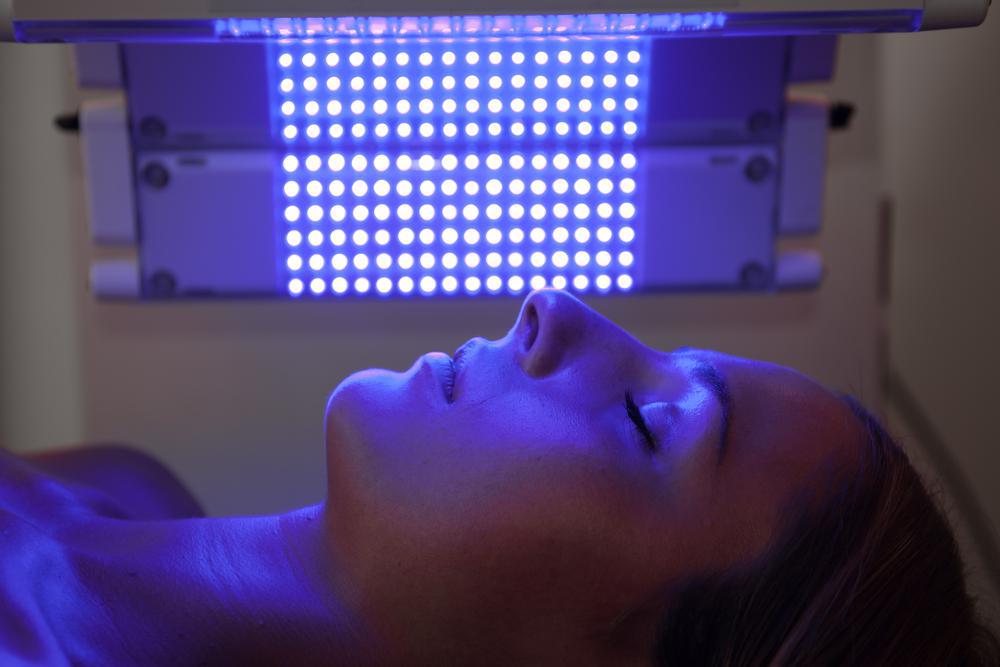Advanced Sleep Therapy - Achieve Deep, Relaxed Sleep
Advanced Sleep Therapy - Achieve Deep, Relaxed Sleep
Blog Article
Reliable Treatment Solutions for Taking Care Of Rest Disorders and Enhancing Relaxing Rest
In the world of medical care, the administration of sleep conditions and the quest for relaxing rest are critical parts of general well-being. Reliable treatment services supply a multifaceted method to tackle these difficulties, ranging from cognitive behavioral treatments to alternative techniques that promote relaxation and mindfulness. The expedition of different methods, including the integration of drug and light therapy, opens up a world of opportunities in the pursuit of far better rest quality. As we browse the detailed landscape of rest conditions and look for to improve our sleep experience, a much deeper understanding of these treatment options may hold the key to unlocking a more refreshing and satisfying corrective journey.
Cognitive Behavior Modification for Insomnia (CBT-I)
Cognitive Behavioral Treatment for Sleeplessness (CBT-I) is an organized, evidence-based treatment method that focuses on attending to the underlying elements adding to rest disturbances. This type of therapy intends to modify actions and thoughts that exacerbate insomnia, inevitably advertising healthy sleep patterns. CBT-I usually involves numerous crucial elements, including cognitive treatment, rest constraint, stimulus control, and rest health education and learning.
Cognitive therapy assists individuals determine and change unfavorable thought patterns and ideas regarding sleep that may be preventing their capacity to drop or remain asleep. Sleep constraint involves limiting the amount of time invested in bed to match the individual's actual rest duration, thus raising rest performance (insomnia therapy). Stimulus control strategies assist establish a solid organization in between the bed and rest by encouraging people to visit bed just when sleepy and to avoid involving in boosting activities in bed
Additionally, sleep hygiene education and learning focuses on creating healthy and balanced sleep routines, such as preserving a consistent rest routine, creating a relaxing going to bed regimen, and enhancing the sleep environment. By dealing with these aspects thoroughly, CBT-I supplies an efficient non-pharmacological treatment for handling sleeplessness and boosting total sleep top quality.
Sleep Hygiene Practices
Having established the foundation of cognitive restructuring and behavioral modifications in resolving sleeping disorders through Cognitive Behavior modification for Sleeping Disorders (CBT-I), the focus currently changes in the direction of checking out important Sleep Health Practices for maintaining optimal rest quality and general health.
Sleep hygiene techniques include a range of practices and ecological factors that can dramatically impact one's capability to go to sleep and remain asleep throughout the night. Regular rest and wake times, creating a relaxing going to bed regimen, and enhancing the sleep environment by keeping it dark, quiet, and cool are important elements of good sleep hygiene. Restricting direct exposure to displays before bedtime, staying clear of energizers like caffeine near going to bed, and taking part in regular physical task throughout the day can likewise promote much better rest top quality.
Furthermore, practicing relaxation techniques such as deep breathing exercises or meditation prior to bed can aid relax the mind and prepare the body for rest. By incorporating these sleep health techniques into one's day-to-day routine, people can establish a healthy rest pattern that sustains relaxing rest and total wellness.
Leisure Methods and Mindfulness
Carrying out relaxation techniques and mindfulness methods can play a pivotal function in cultivating a feeling of calm and promoting high quality rest. Additionally, guided imagery can help deliver people to a serene area in their minds, assisting in stress reduction and boosting rest top quality.
By incorporating these practices right into a going to bed routine, individuals can indicate to their bodies that it is time to prepare and relax for sleep. On the whole, integrating leisure strategies and mindfulness methods can dramatically contribute to managing sleep disorders and boosting total rest top quality.

Medication Options for Rest Disorders
After checking out leisure methods and mindfulness techniques as non-pharmacological treatments for enhancing rest top quality, it is vital to take into consideration medicine options for individuals with sleep problems. In cases where way of life changes and treatment do not provide enough alleviation, medication can be an important tool in handling sleep disturbances.
Commonly recommended medications for sleep disorders include benzodiazepines, non-benzodiazepine hypnotics, antidepressants, and melatonin receptor agonists. Benzodiazepines, such as diazepam, are sedatives that can help generate rest, but they are generally suggested for temporary usage due to the danger of dependancy. Non-benzodiazepine hypnotics like zolpidem are likewise utilized to deal with insomnia and have a reduced risk of dependancy compared to benzodiazepines. Antidepressants, such as trazodone, can be beneficial for individuals with co-occurring anxiety and rest disturbances. Melatonin receptor agonists, like ramelteon, target the body's natural sleep-wake cycle and can be useful for controling sleep patterns.
It is crucial for people to speak with a doctor to establish the most suitable drug choice based upon their certain sleep condition and case history.
Light Therapy for Body Clock Guideline
Light treatment, also known as photo-therapy, is a non-invasive therapy approach used to manage body clocks and improve sleep-wake cycles. This treatment involves direct exposure to bright light that imitates natural sunshine, which helps special info to reset the body's biological rhythm. By exposing people to particular wavelengths of light, usually in the early morning or evening depending on the wanted effect, light treatment can successfully adjust the circadian rhythm to promote wakefulness throughout the day and boost peaceful sleep in the evening.
Research has revealed that light therapy can be specifically valuable for individuals with body clock conditions, such as delayed sleep stage disorder or jet lag. It can likewise be practical for those experiencing seasonal affective problem (SAD), a sort of anxiety that typically occurs throughout the winter season when natural light direct exposure is minimized. Light therapy is normally well-tolerated and can be used along with various other treatment approaches for sleep problems to enhance outcomes and enhance total rest check here quality.
Verdict
In final thought, effective treatment services for managing rest disorders and enhancing peaceful sleep consist of Cognitive Behavior modification for Sleeping Disorders (CBT-I), rest hygiene techniques, leisure techniques and mindfulness, medicine choices, and light treatment for circadian rhythm law. These strategies can assist individuals boost their rest top quality and general health. It is vital to seek advice from a healthcare company to determine the most suitable approach for addressing sleep issues.
As we navigate the elaborate landscape of sleep conditions and look for to enhance our rest experience, a much deeper understanding of these treatment services may hold the secret to opening a more refreshing and satisfying corrective trip.
Sleep constraint includes restricting the amount of time invested in bed to match the individual's actual sleep duration, thus boosting rest effectiveness. Constant sleep and wake times, producing a relaxing bedtime routine, and maximizing the sleep environment by maintaining it dark, silent, and cool are critical components of excellent sleep health. Light treatment is normally well-tolerated and can be used in combination with various other therapy methods for rest disorders to enhance outcomes and improve total rest high quality.

Report this page